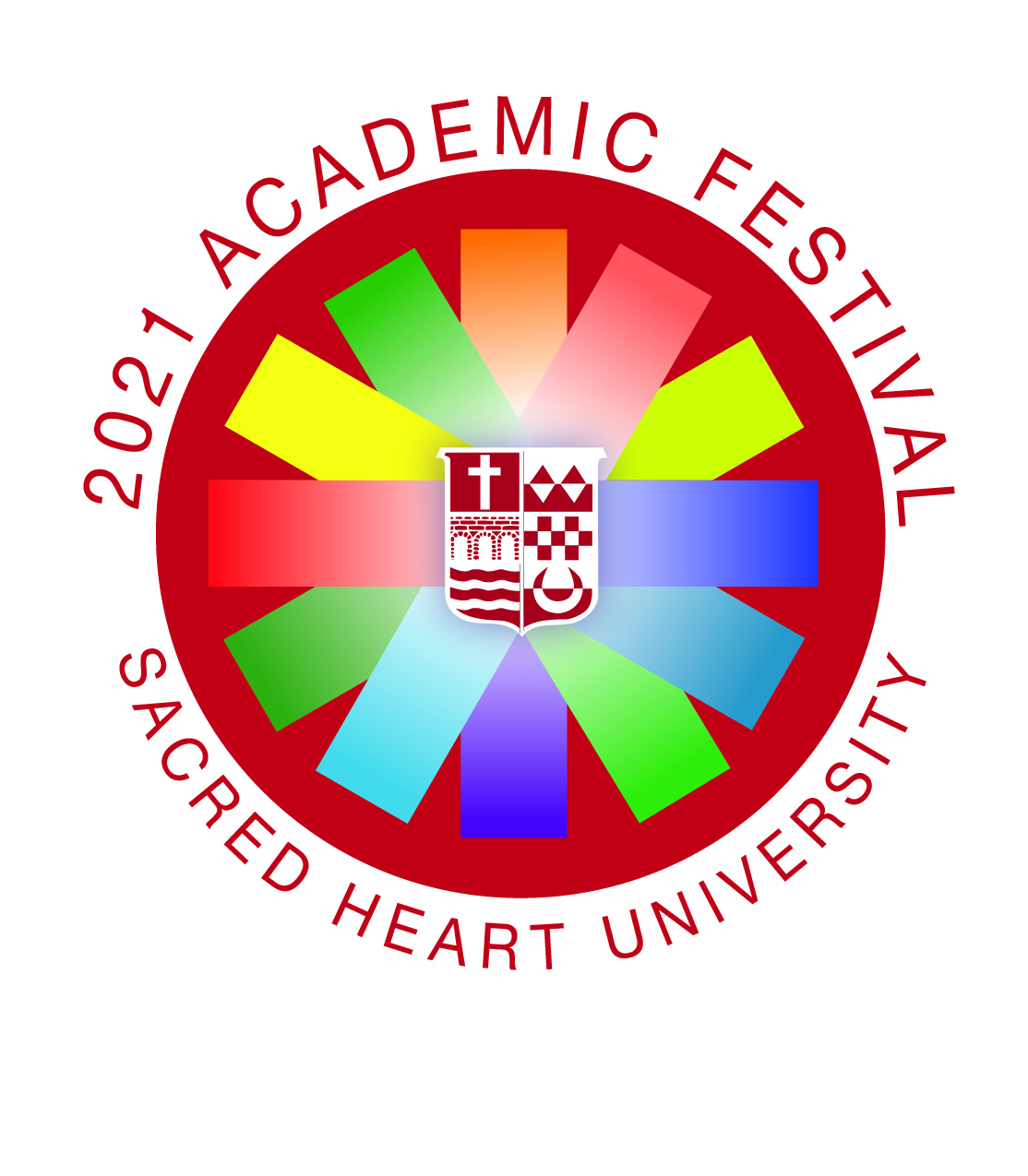Mentor/s
Professor Christina Gunther
Participation Type
Poster
Abstract
To effectively work with diverse, multicultural communities, it is critical to understand the need to integrate a social justice-oriented approach into the daily practice of an individual’s field of expertise. This must include developing a comprehensive understanding of the implications of minority religious, ethnic, sexual, and gender orientation identities (de Saxe Zerden, 2020). An example of the intersection of these identities is the Two-Spirit peoples, who are a living testament to the rich gender and sexual diversity of Indigenous groups in North America. Two-Spirit peoples have been historically underserved and anthropologically misinterpreted for generations. As a result, they experience a variety of unique factors that contribute to their systemic oppression and stifle recovery from historical and intergenerational trauma as well as distal and proximal stressors associated with their multiple minority status. (Nahulu et al., 2021).
Indigenous Two-Spirit populations experience significant disparities in health and wellness outcomes compared to their European and cisgender counterparts, who instead benefit from a system designed to promote heteronormativity and conformity to a westernized gender binary. The concept of Two-Spirit itself is an umbrella term used to describe an Indigenous person who identifies with both a masculine and feminine spirit. Identifying as Two-Spirit can have mild to intense implications on an individual’s sexual orientation, gender expression, and spiritual identity in reconciliation with society’s expectations of gender norms. According to the Two-Spirit Society of Denver, this term refers to a third gender role that was once widely accepted, embraced, and even viewed as sacred by the natives of Turtle Island, also known as North America, before European colonization (Moyerbrailean, 2020). Therefore, the way Two-Spirit populations are perceived and treated today can be indicative of the progress made by North American leaders to correct and expiate for the injustices of the past.
College and Major available
Health Science
Location
Digital Commons
Start Day/Time
5-5-2021 1:00 PM
End Day/Time
5-5-2021 4:00 PM
Prize Categories
Best Multidisciplinary Research or Collaboration, Most Creative, Most Meaningful
The Sociocultural Determinants of Health and Wellness for Two-Spirit Indigenous North American Populations
Digital Commons
To effectively work with diverse, multicultural communities, it is critical to understand the need to integrate a social justice-oriented approach into the daily practice of an individual’s field of expertise. This must include developing a comprehensive understanding of the implications of minority religious, ethnic, sexual, and gender orientation identities (de Saxe Zerden, 2020). An example of the intersection of these identities is the Two-Spirit peoples, who are a living testament to the rich gender and sexual diversity of Indigenous groups in North America. Two-Spirit peoples have been historically underserved and anthropologically misinterpreted for generations. As a result, they experience a variety of unique factors that contribute to their systemic oppression and stifle recovery from historical and intergenerational trauma as well as distal and proximal stressors associated with their multiple minority status. (Nahulu et al., 2021).
Indigenous Two-Spirit populations experience significant disparities in health and wellness outcomes compared to their European and cisgender counterparts, who instead benefit from a system designed to promote heteronormativity and conformity to a westernized gender binary. The concept of Two-Spirit itself is an umbrella term used to describe an Indigenous person who identifies with both a masculine and feminine spirit. Identifying as Two-Spirit can have mild to intense implications on an individual’s sexual orientation, gender expression, and spiritual identity in reconciliation with society’s expectations of gender norms. According to the Two-Spirit Society of Denver, this term refers to a third gender role that was once widely accepted, embraced, and even viewed as sacred by the natives of Turtle Island, also known as North America, before European colonization (Moyerbrailean, 2020). Therefore, the way Two-Spirit populations are perceived and treated today can be indicative of the progress made by North American leaders to correct and expiate for the injustices of the past.



Students' Information
Olivia Delgado, Health Science, 2023